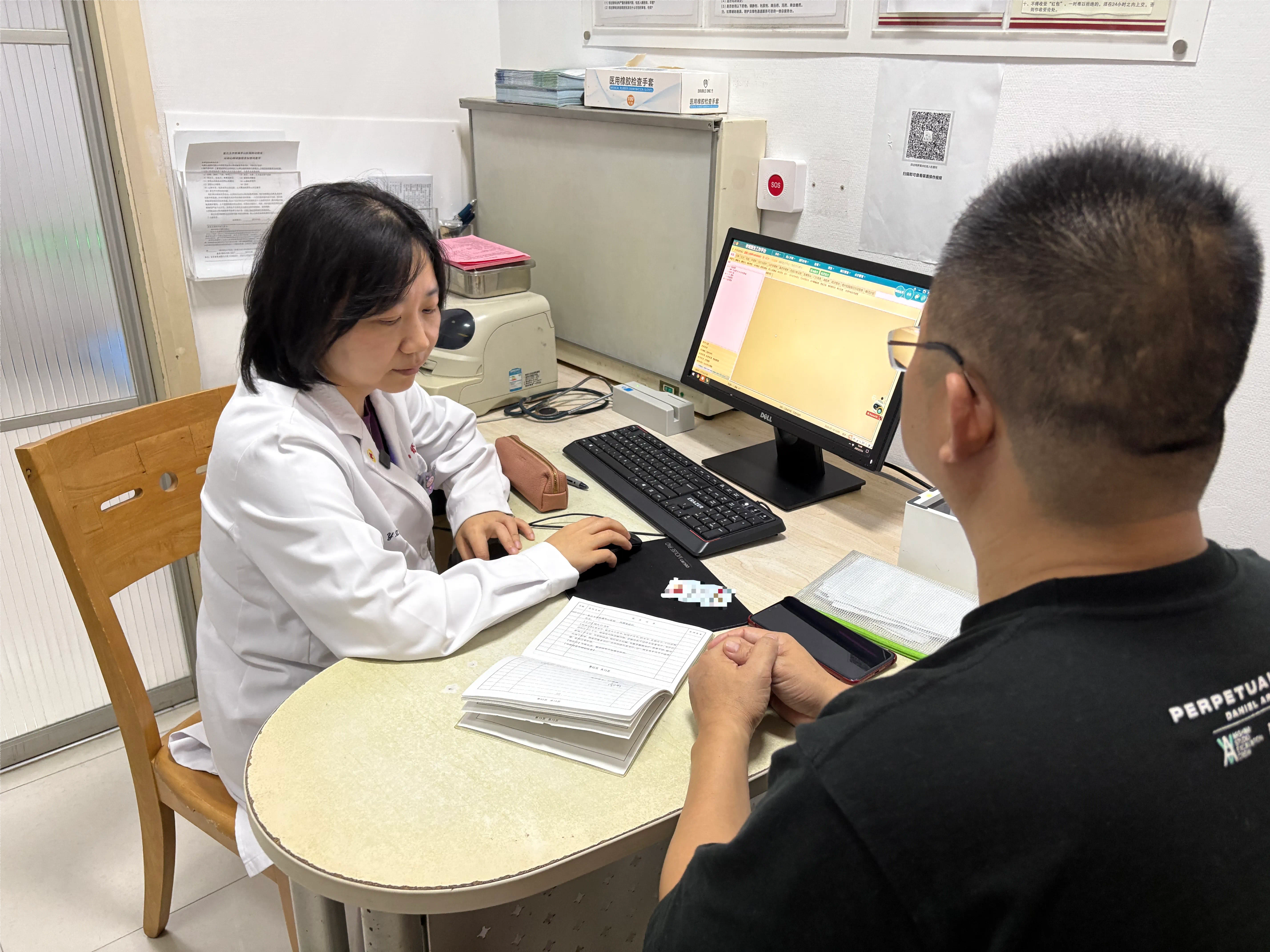First Prescription for Firsekibart Issued in China for GA
Time
2025-07-14
Readership
2939
Share



China's National Medical Products Administration (NMPA) recently approved Firsekibart (Jin Beixin). This drug is indicated for gouty arthritis (GA) treatment in adult patients for whom NSAIDs and/or colchicine are contraindicated, not tolerated, or ineffective, and for whom repeated courses of corticosteroids are not suitable1. On July 14th, 2025, the first prescription for Firsekibart was officially issued in Shanghai, China, marking the drug’s entry into clinical use for GA.
Diagnosed with GA in 2002, Mr. Zhang has lived with the disease for over 20 years, experiencing recurrent flares in multiple joints including ankles, big toes, knees, fingers, wrists and elbows. He was commonly treated with NSAIDs, yet it proved suboptimal and required daily dosing during gout flares. In severe gout episodes, he would receive colchicine treatment, but it led to adverse effects such as dizziness and nausea. When he experienced joint pain in the instep, elbow and knee again, he came to the hospital. Following a comprehensive clinical evaluation, Dr. Xue prescribed Firsekibart 200 mg for him.

Therapies for GA often cause adverse effects, limiting their long-term use. Patients are likely to experience gout flares during treatment. As China's first interleukin-1β (IL-1β) monoclonal antibody, Firsekibart addresses these challenges through inhibition of the IL-1β pathway, thereby targeting gouty inflammation at its source. In Phase Ⅲ clinical trials, one single dose of Firsekibart demonstrated rapid onset of action, providing pain relief comparable to corticosteroids within 6 to 72 hours, and reduced recurrence rate by 87% within 6 months, with no serious adverse drug events2. The launch of Firsekibart provides a new option for patients who experience frequent acute gout flares.
References:
1.https://www.nmpa.gov.cn/zhuanti/cxylqx/cxypxx/20250702164944152.html
2.Xue Y, et al. Efficacy and Safety of Genakumab versus Compound Betamethasone in Gout: The GUARD-1 Study [abstract]. Arthritis Rheumatol. 2024; 76 (suppl 9).









